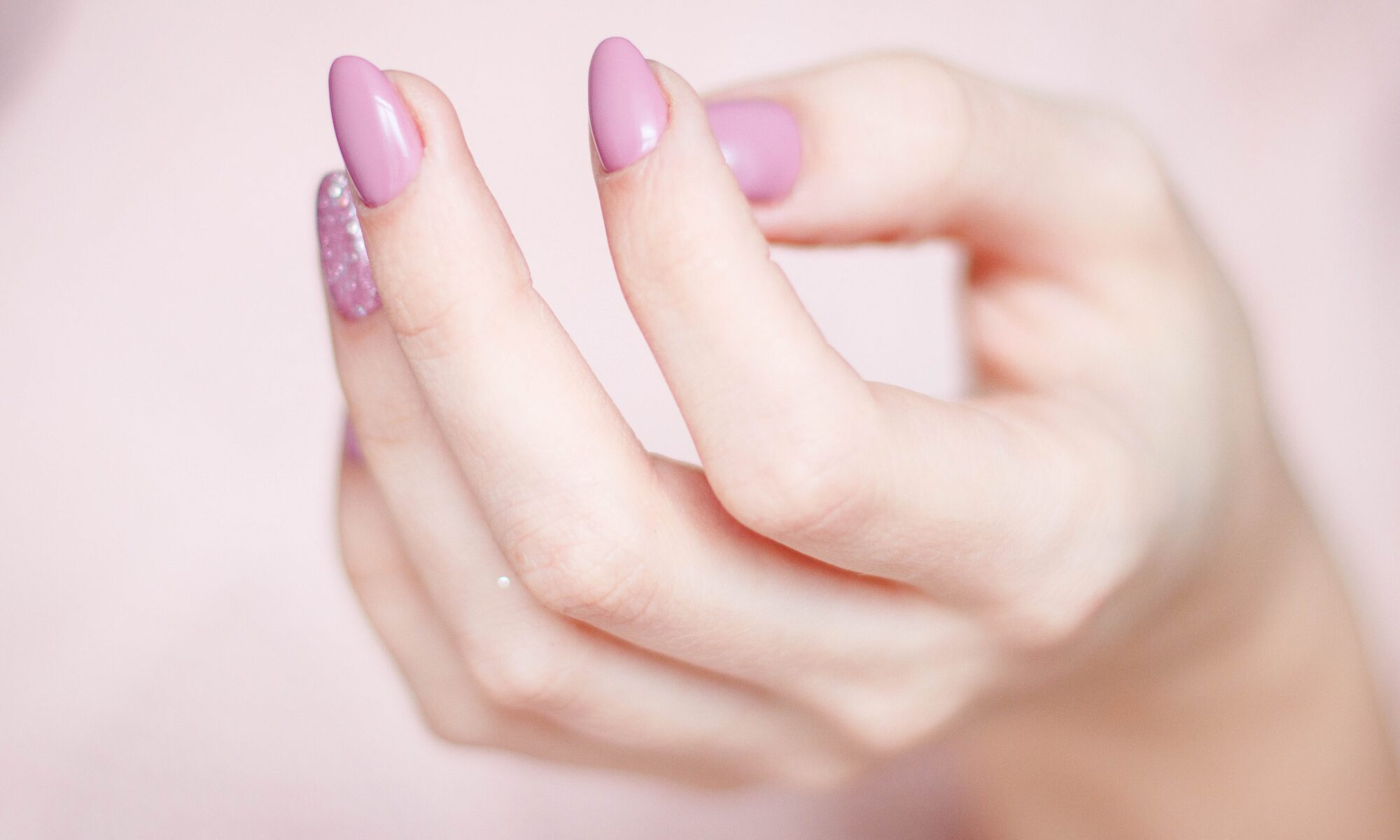Healthy fingernails are a sign of wellness and beauty. There are several ways to get healthier fingernails.
1. Try a Biotin Supplement

Most people who eat a varied, healthy, and balanced diet do not need dietary supplements to ensure healthy nails. However, some people naturally have weak nails, or they lack proper nutrition, which contributes to fragility.
Vitamin B7, biotin, is an essential nutrient in milk, eggs, bananas, and other foods. The vitamin is crucial to hair and nail health. If a person has a deficiency, their hair may thin, and their nails might become brittle and weak.
A biotin supplement can help people with a deficiency, but it may also help those with naturally weak nails. Some studies suggest biotin helps promote nail growth and health.
2. Take a Break From Manicures and Polish
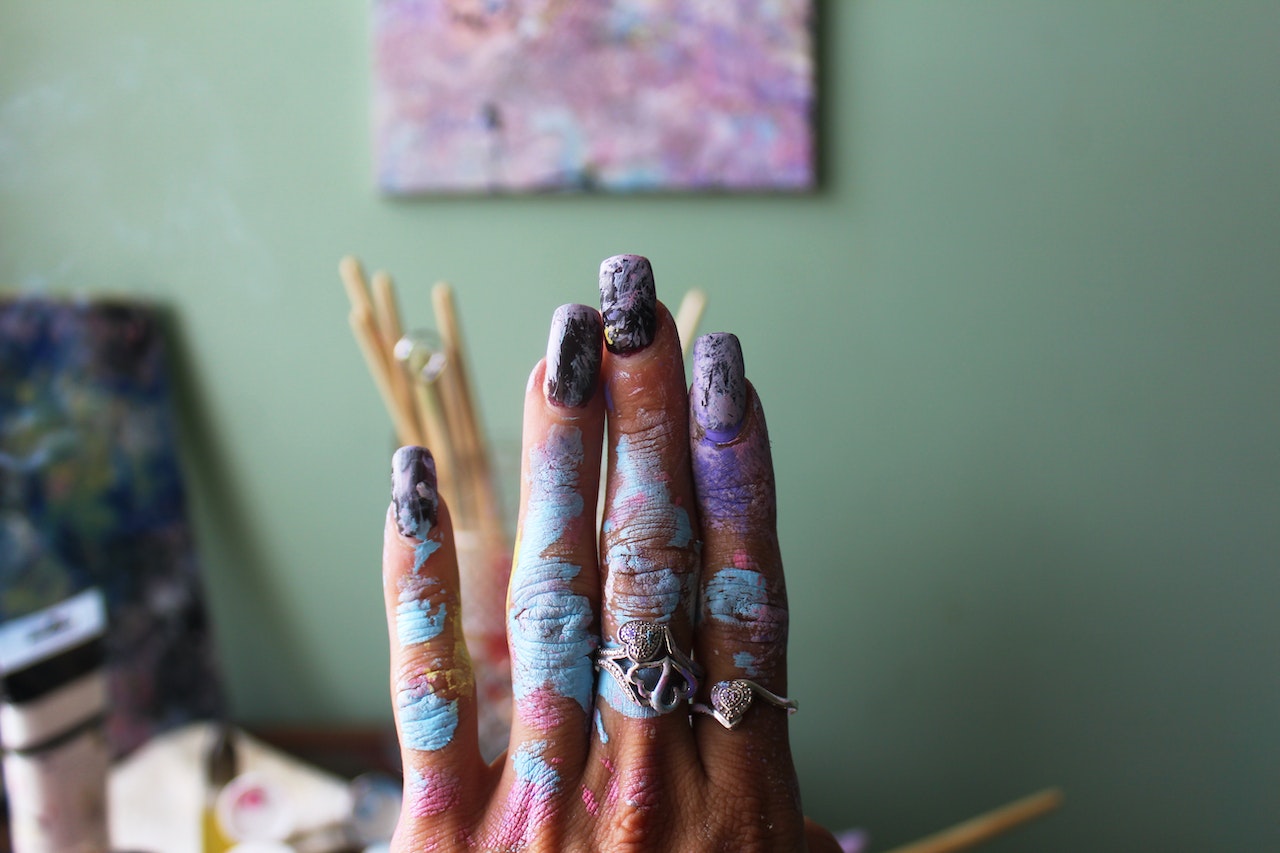
Many people enjoy manicures and dressing their nails up with polish. While healthy nails can often handle the abuse and coverage, it is still a good idea to let them breathe every so often.
Overworking your nails can cause damage, and it may weaken their integrity. There is nothing wrong with having an occasional manicure, but when a manicurist shapes and works your nails too much, you can open yourself up to greater infection risks.
Also, choose an acetone-free nail polish remover, and avoid acrylic nails. Using harsh chemicals or applying false nails can weaken the nail's structure and lead to infections.
3. Moisturize Your Cuticles
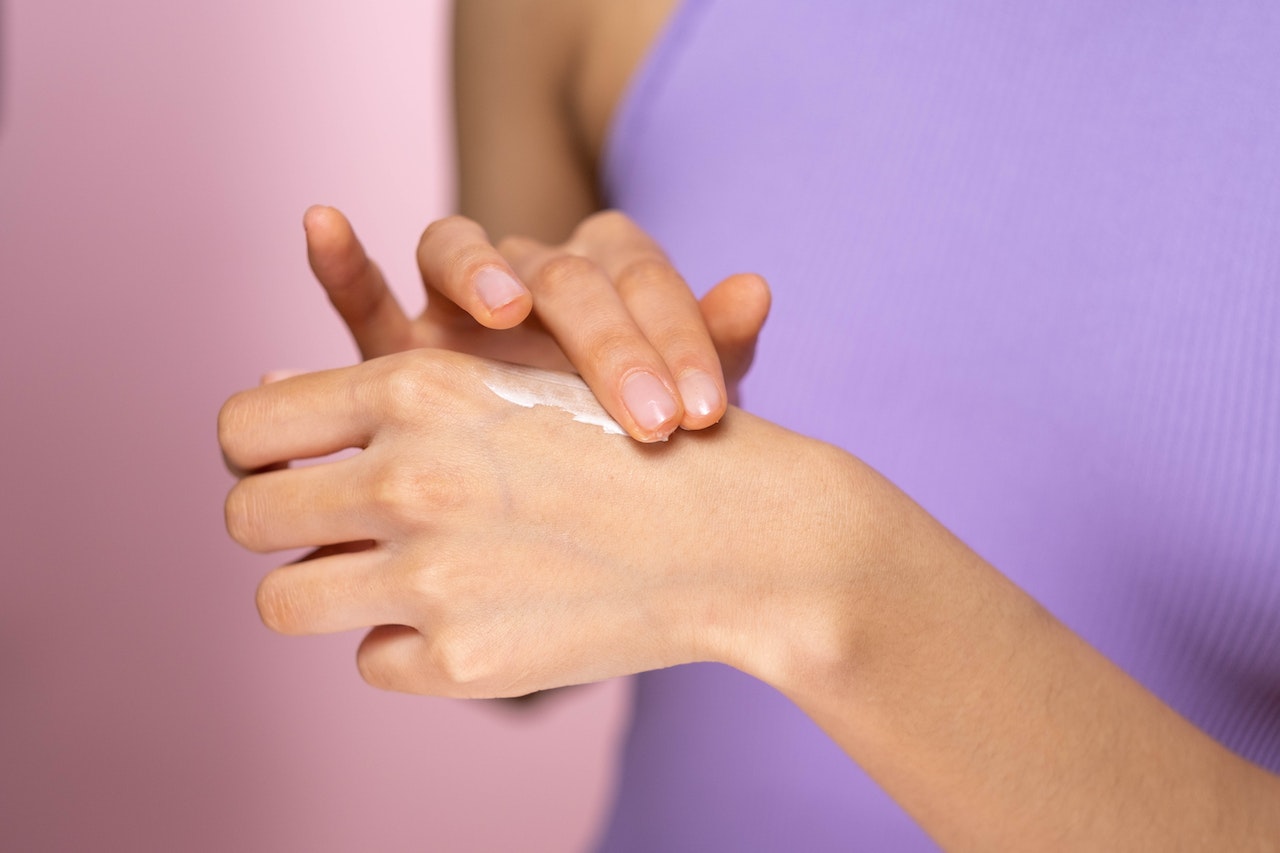
People often underestimate the importance of nail cuticles. Cuticles work like caulk around a shower; they keep damaging bacteria and other elements away from the nail bed.
Many people trim their cuticles or push them down. Being too aggressive with your cuticles can damage them. Damaging a cuticle can open your nails and fingers up to infection. Signs of infection include:
- Redness
- Swelling
- Pain
- Pus
Also, do not believe that visiting a professional manicurist to have your cuticles trimmed eliminates the risk of infection. Even professionals can make mistakes.
4. Practice Good Nail Hygiene
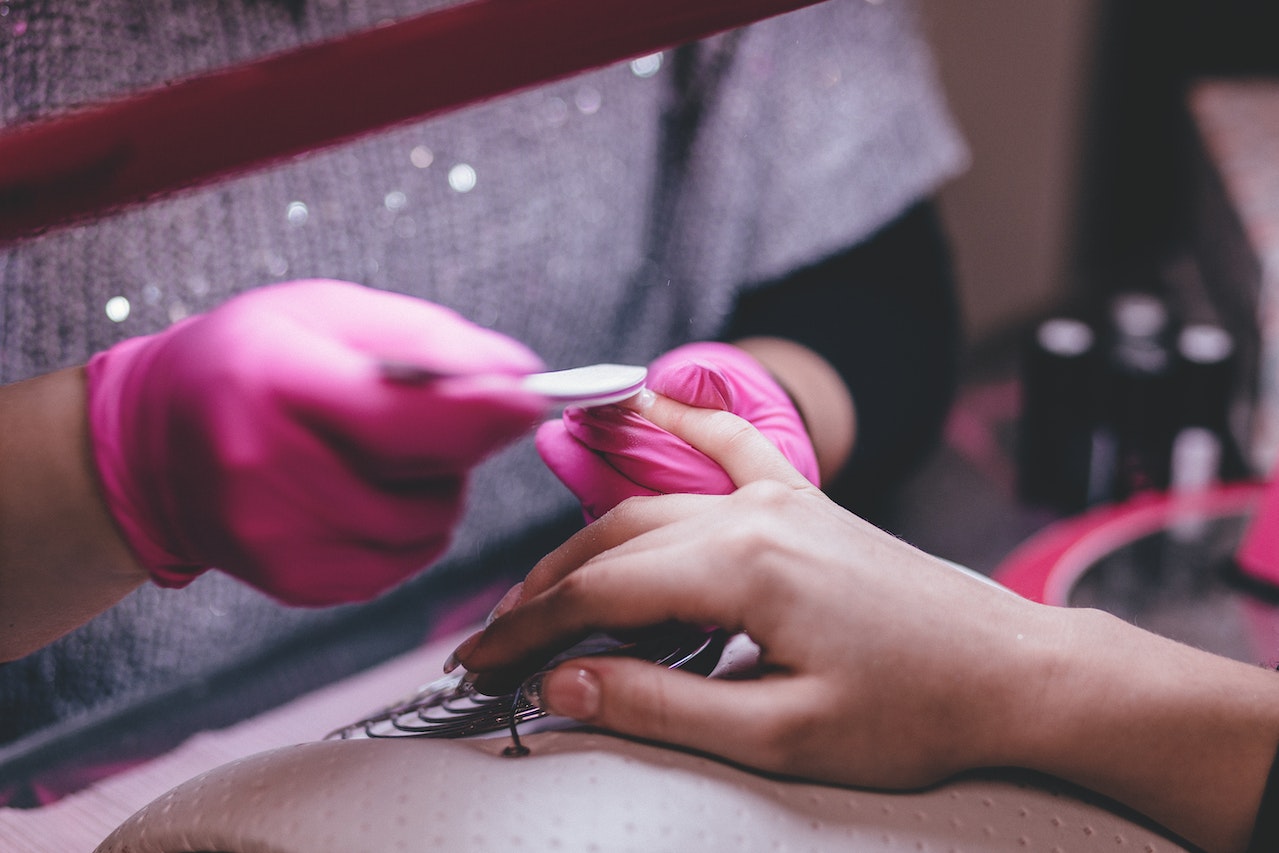
If you want healthy and strong nails, it is best to maintain good nail hygiene. Keep nails trimmed and clean.
In the past, long nails were fashionable. Unfortunately, long nails are also more prone to breakage and infection than shorter nails.
Today, shorter, more natural nails are in fashion, which is better for your health. Keeping your nails trimmed reduces the risks of snagging or breaking. It also helps keep the underside of the nail cleaner.
A nail brush allows you to clean between the nail and nail bed without aggressively opening or widening the gap. You do not need to scrub vigorously. Gently scrubbing back and forth with the brush will clean your nails without an increased risk of injury or infection.
5. Wear Gloves and Take Infections Seriously
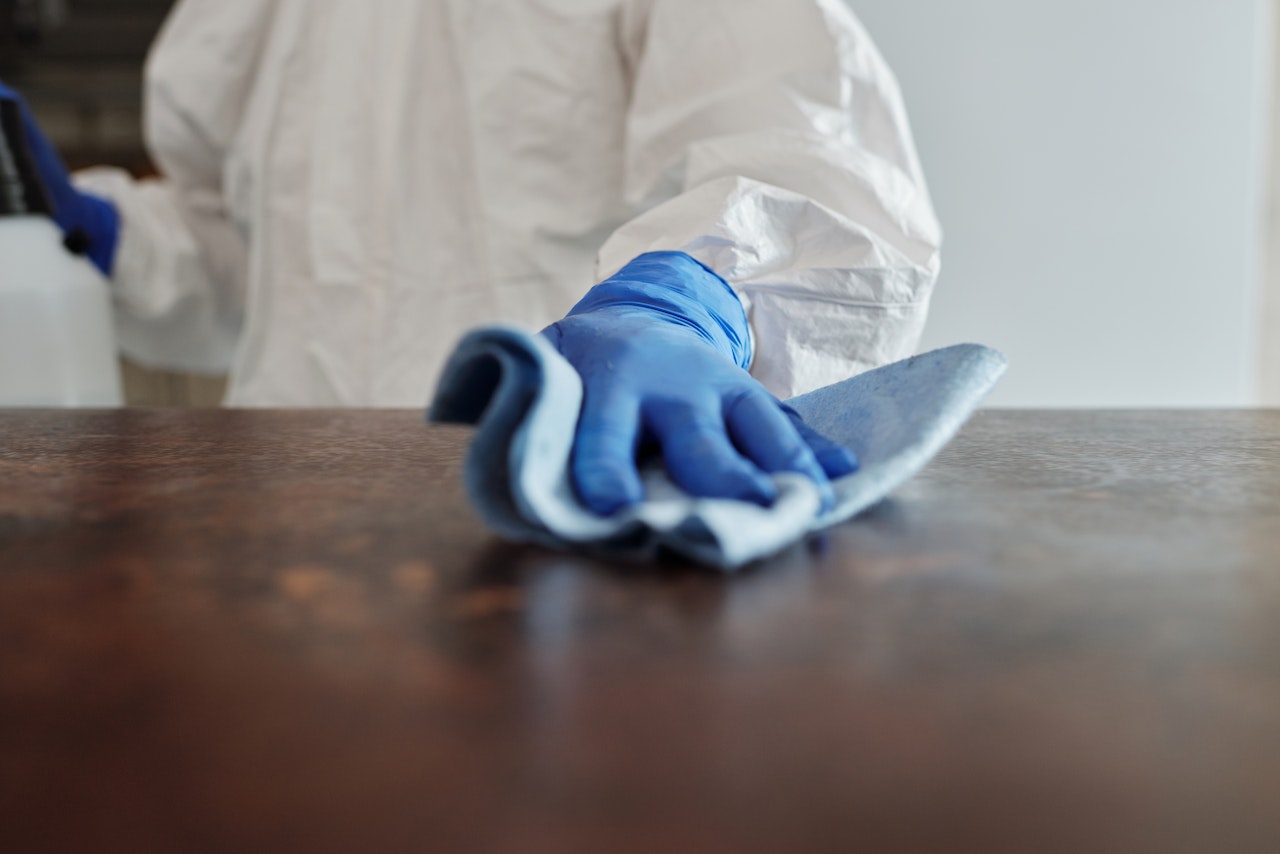
Whenever you are working with your hands, wear gloves. Gloves protect against the elements and guard against dirt, grime, and accompanying bacteria. However, even the most diligent individual might experience an infection.
If you get a nail infection, seek treatment. Nail infections can spread if not corrected. Also, some people are at a greater risk of severe infections because of medications or health conditions.
Nail hygiene matters to overall well-being. For more advice on healthy nails, contact a local dermatologist.

